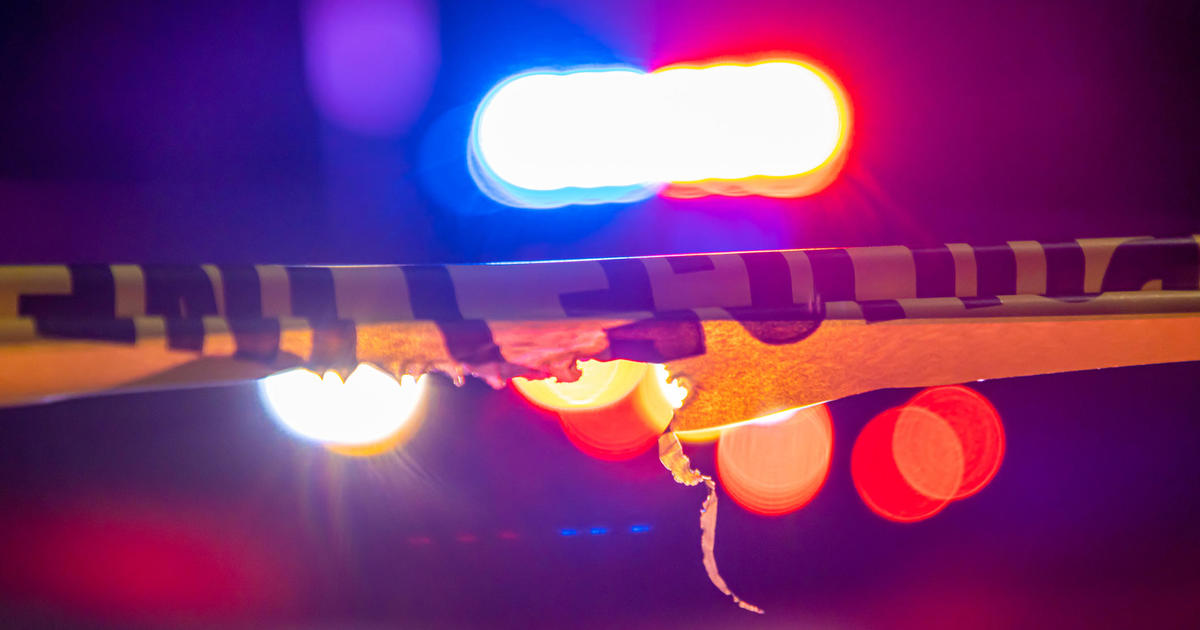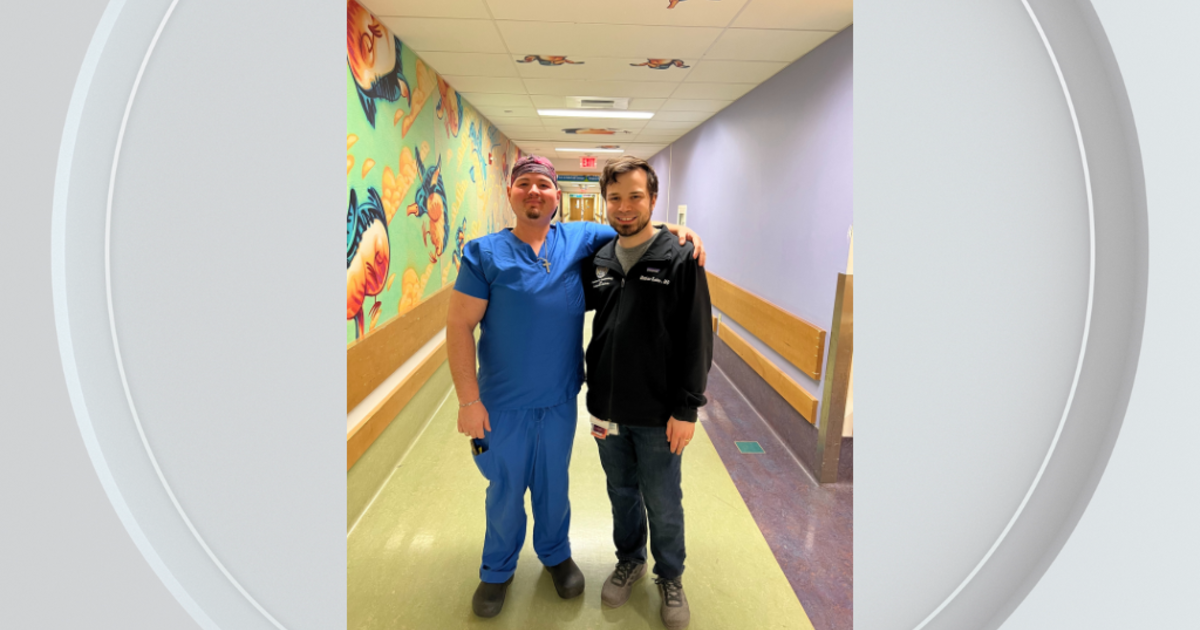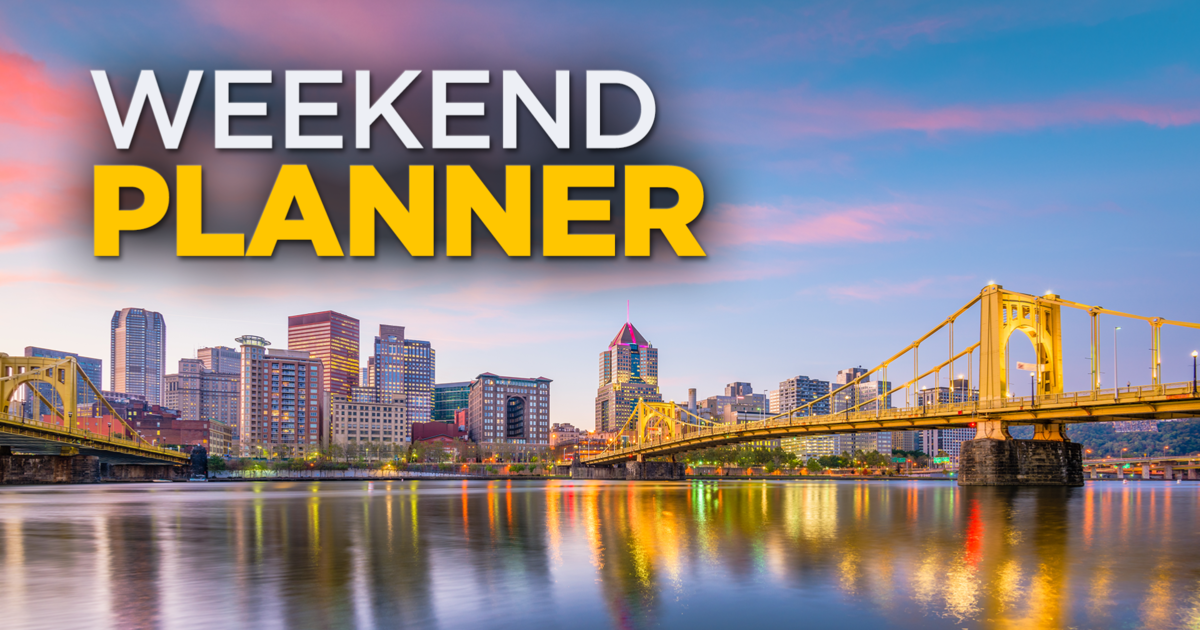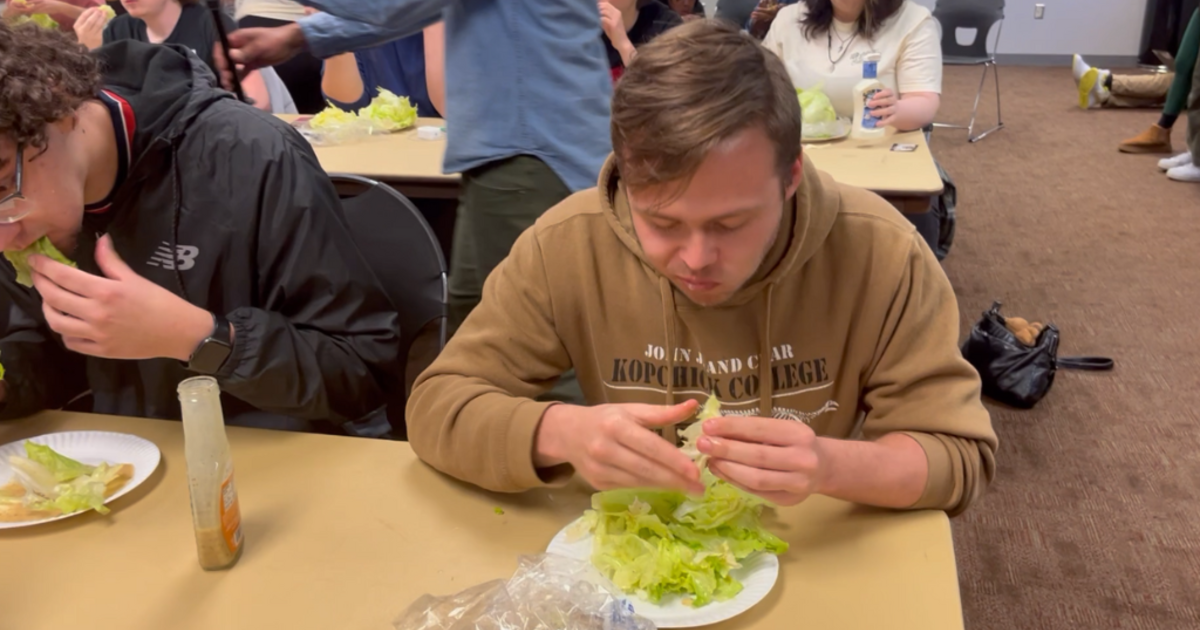KDKA's Historic Broadcast
Hear the recreated audio of the first commercial radio broadcast, the Harding Cox Election results, voiced by Leo Rosenberg, radio's first announcer: This is KDKA.
Frank Conrad of Wilkinsburg was Assistant Chief Engineer of Westinghouse Electric. An inventor who was fascinated with technology, Conrad built of a transmitter, which he housed on the second floor of his Wilkinsburg garage. This experimental station was licensed 8-X-K and was the forerunner of KDKA Radio.
The U.S. Department of Commerce, Bureau of Navigation, which served as the radio licensing agency of the day, issued the first radio license ever to KDKA, on Oct. 27, 1920. Many people ask if "KDKA" stands for anything -- and the simple answer is: no. The call letters "KDKA" were assigned from a roster maintained to provide identification for ships and marine shore stations, these being the only regular services then in operation under formal license by the Federal Government. "KDKA" was simply the next set of call letters available on the roster.
Plans were finalized with the Pittsburgh Post morning newspaper to acquire election returns by telephone. The election night broadcast, which began at 6 p.m. on Tuesday, Nov. 2, 1920, originated in a tiny, makeshift shack, atop one of the Westinghouse Electric buildings in East Pittsburgh.
Four men basically manned that first broadcast: Engineer William Thomas; telephone line operator John Frazier; R.S. McClelland, a standby and Leo Rosenberg, radio's first announcer.
The election results were relayed to about 1,000 listeners, who learned through this incredible new medium, that Warren Harding beat James Cox in the race for the Oval Office.



